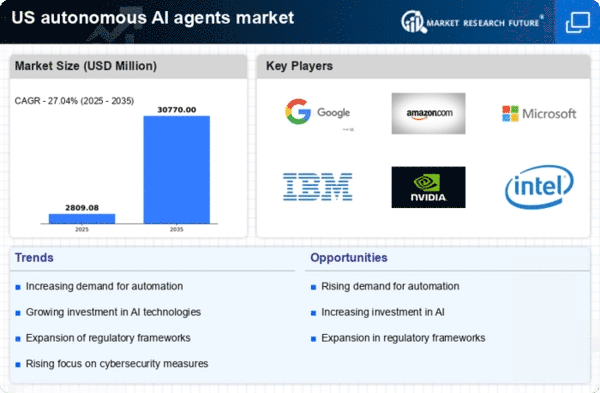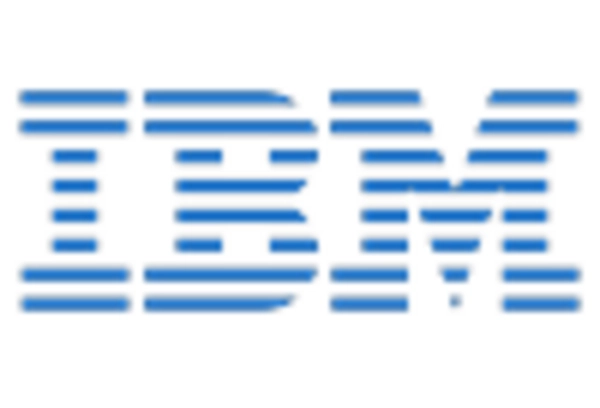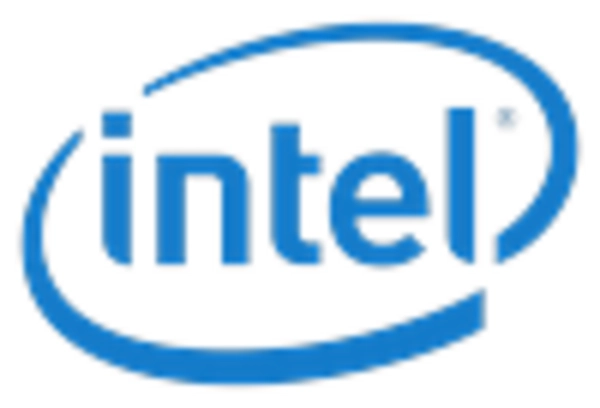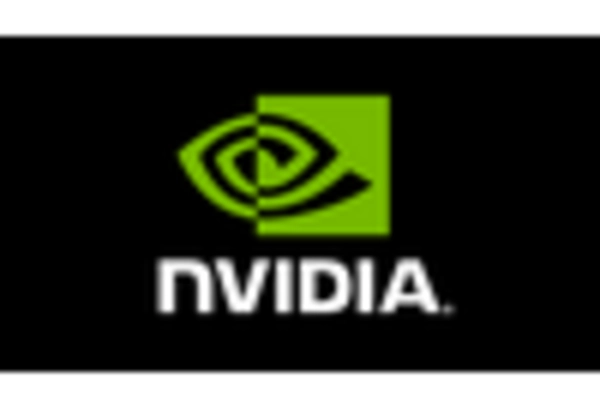Increased Investment in R&D
Investment in research and development (R&D) within the autonomous ai-autonomous-agents market is on the rise, as companies strive to innovate and maintain competitive advantages. Major tech firms and startups alike are allocating substantial resources to develop cutting-edge autonomous solutions. In 2025, it is estimated that R&D spending in the AI sector will exceed $50 billion in the US, highlighting the commitment to advancing autonomous technologies. This influx of capital is likely to accelerate the pace of innovation, leading to the introduction of new products and services that cater to evolving market needs. As a result, the autonomous ai-autonomous-agents market is expected to expand rapidly, driven by continuous technological improvements.
Rising Demand for Automation
The autonomous AI agents market is experiencing a notable surge in demand for automation across various sectors. Industries such as manufacturing, logistics, and healthcare are increasingly adopting autonomous agents to enhance operational efficiency and reduce labor costs. According to recent data, the automation market in the US is projected to grow at a CAGR of 25% through 2027, indicating a robust shift towards automated solutions. This trend is driven by the need for improved productivity and the ability to operate in environments that are hazardous for human workers. As organizations seek to streamline processes and minimize human error, the autonomous ai-autonomous-agents market is positioned to benefit significantly from this growing demand.
Technological Advancements in AI
Technological advancements in artificial intelligence are propelling the growth of the autonomous ai-autonomous-agents market. Innovations in machine learning, natural language processing, and computer vision are enabling the development of more sophisticated autonomous agents capable of performing complex tasks. For instance, AI algorithms are becoming increasingly adept at analyzing vast datasets, leading to improved decision-making capabilities. The US market for AI technologies is expected to reach $190 billion by 2025, reflecting the increasing investment in AI research and development. These advancements not only enhance the functionality of autonomous agents but also expand their applicability across diverse industries, thereby driving market growth.
Expansion of Smart Infrastructure
The expansion of smart infrastructure in urban areas is creating new opportunities for the autonomous ai-autonomous-agents market. As cities increasingly adopt smart technologies, the integration of autonomous agents into public services, transportation systems, and utilities is becoming more prevalent. This trend is supported by government initiatives aimed at enhancing urban efficiency and sustainability. For example, smart traffic management systems utilizing autonomous agents can optimize traffic flow and reduce congestion. The US smart city market is projected to reach $1 trillion by 2025, indicating a significant potential for the deployment of autonomous solutions. This expansion is likely to drive demand for autonomous agents, further propelling market growth.
Growing Focus on Safety and Compliance
The autonomous ai-autonomous-agents market is increasingly influenced by a growing focus on safety and compliance standards. As autonomous agents are deployed in critical applications, such as transportation and healthcare, ensuring their safety and adherence to regulatory requirements becomes paramount. The US government is actively developing frameworks to regulate the use of autonomous technologies, which may include safety certifications and operational guidelines. This regulatory landscape is likely to shape the market dynamics, as companies must invest in compliance measures to meet these standards. Consequently, the emphasis on safety and compliance is expected to drive innovation and investment in the autonomous ai-autonomous-agents market.
















